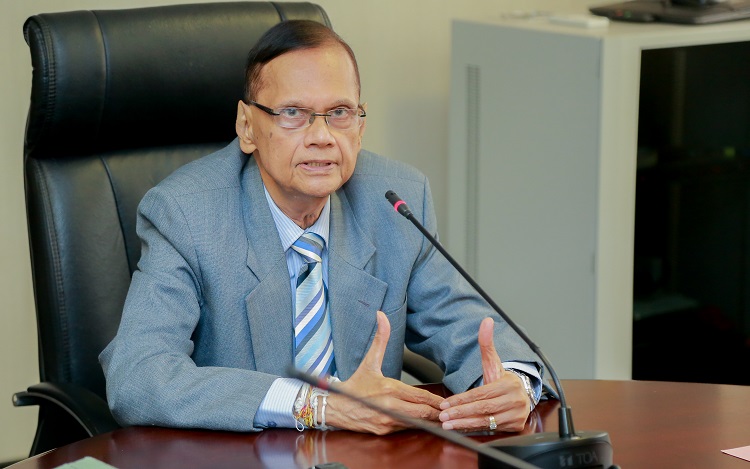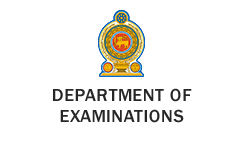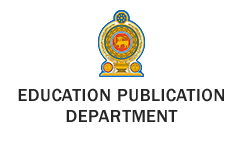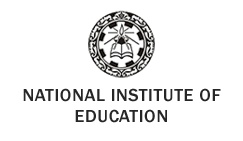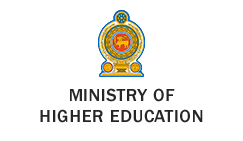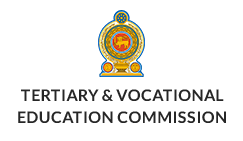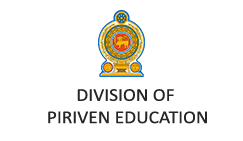The world literacy day celebrated this year on the theme of learning and teaching of literacy during and beyond the covid 19 situation is showing the new dimensions of the development of literacy in all countries in comparison with the previous years.
At the 14th session of UNESCO general assembly held on 26th of October 1966, the 08th of September was declared as the International Literacy Day. The objective of this move was to highlight the importance of providing literacy to individual, community and various societies. The literacy promotes the economic, mental, social and physical wellbeing of individuals. The peoples’ lives can be changed by empowering them through teaching to read. Future world can be prefigured. Furthermore, the first step for the emancipation from the economic obstacles in the society can be taken with literacy. It is a prerequisite for personal as well as collective development. It eradicates the poverty and inequality from the society. And it generates the wealth and eradicates the issues of nutrition and public health. But for this purpose we as a country must achieve literacy development targets.
Although the initial literacy target is to achieve basic learning of reading and writing, at present the concept of literacy remains far beyond it. Therefore, at present not being limited to that traditional explanation, the literacy is interpreted from different angles such as computer literacy, financial literacy, cultural literacy, task based literacy and also media literacy, visual literacy and digital literacy.
When developing knowledge, skills and attitudes within the process of achieving human needs while preserving the environmental balance, the promoting above literacy levels has become a main requirement of human resource development. As pointed out by the official web site of School Data Analysis and UNICEF, the literacy rate in Sri Lanka by the year 2017 was 91.9%. It was 91.7% by the year 2018. In comparison to 2016 it shows a decline in literacy in this country. In this context, providing remedies for this situation while identifying the causes behind this and developing human resources through new literacy dimensions are the responsibilities directed to us.
Specially, according to the education ordinance of 1939, the regulations have been enacted to direct the children for compulsory education under the powers vested on the minister of education. Accordingly, the steps have been taken to increase the age limit for compulsory education from 5 – 14 up to 5 – 16. And also actions will be taken to provide 13 year’s continuous education for all as the government policy. But there is a 1.2 million children and adult illiterate population still in Sri Lanka. We must take action to give permanent solutions for this situation through the national education system to reach the 100% target while strengthening the various projects and activities for increasing the literacy and expanding the duties of school level access committees. It is a national duty of all stakeholders including religious leaders, retired teachers, scholars and learned people to provide active support for this purpose. A literate society means an essential requirement for achieving the upper level goals of development in a country.
We have to draw our attention clearly towards the strategies implemented by the countries in the world such as North Korea, Cuba, Ukraine, Russia, Poland and Philippines that have achieved the high level of literacy rates. Literacy is a major skill in education. However, measuring the literacy has become a difficult task because it is a multi-dimensional complex skill. During several decades, the most countries measured the literacy using a survey of yes / no questions or using the self answers given to one question asked in a census like “Can you read and write?” These estimates provide a basic future vision on literacy skills. They give us something meaningful about the long term broader changes in education. But they are not sufficient for identifying the future challenges or to indicate entire literacy skills.
When the population becomes more educated we need correct tools to measure the skills. It is not sufficient just to ask from the people whether they can read or write in order to identify meaningfully how they employ their skills for work and life skills.
During the recent years, efforts have been made at national and international levels to develop standard survey tools that can be used to measure correctly the literacy skills prepared through researches. Several countries have already implemented these researches but it will take some more years to become these new tools internationally recognized ones for measuring and reporting the literacy rates. The ministry of education has already informed the all Provincial Education Secretaries, Provincial Directors of Education, Zonal and Divisional Directors about the way of organizing the literacy programs during this week when the literacy day of 2020 is celebrated.
The necessary instructions and guidelines have been given for taking actions including to direct all the children within the compulsory education age limit for receiving education under formal or informal literacy centers, to conduct special programs for sensitizing the parents whose children are in schooling age but not attending schools or facing the risk of dropping out of school, to sensitize the principals for organizing the programs to identify the children facing the risk of dropping out of the school and preparing suitable activities for maintaining them in the school, and to implement the programs for increasing the literacy levels of illiterate youth and adults with the help of school children.
Even though such programs are implemented annually for improving basic literacy skills, it is an acceptable truth that an adequate attention has not been drawn towards the possible approaches to develop the literacy for a higher quality of education. The education system in our country has not been devised to create individuals who look at the society through a revolutionary angle with intellectual change instead of creating degree holders. There is no concurrence between the degrees provided by education and the job opportunities. The teaching and learning process has to be changed to be able to generate a group empowered with creative thinking, analytical skills and the ability to function logically in spite of those who pass the examinations through learning by heart. The curricula must be modernized.
While understanding this national requirement properly, HE the President Gotabhaya Rajapaksa has appointed four state ministers and a cabinet minister for the broad subject of education in order to implement these changes in the system of education. It is not just for fulfilling the basic literacy requirements by directing the children to the compulsory education opportunities, but for an immense expectation of creating a generation of children having economic literacy, financial literacy, media literacy and digital literacy which are demanded by the modern world of work.
Within the new education reforms implemented under the special instructions of him in the future by the Special Presidential Task Force for education, new dimensions for literacy development will be included in the education system. We as a country are in the process of marching towards a clear direction within the future developmental processes when the whole world is preparing their plans with the challenge of covid 19.
As emphasized in the policy declaration ‘Vision for Prosperity’ submitted by HE The President to bring about a broader reform for a quality education system with the right of access to education for all children under the same syllabus prepared according to the international standards with a certain objective from pre-school education till the degree, the contribution of all segments of society is expected for providing opportunities to each child to sharpen his inborn qualities and to go for a suitable education fitting to the job market.



